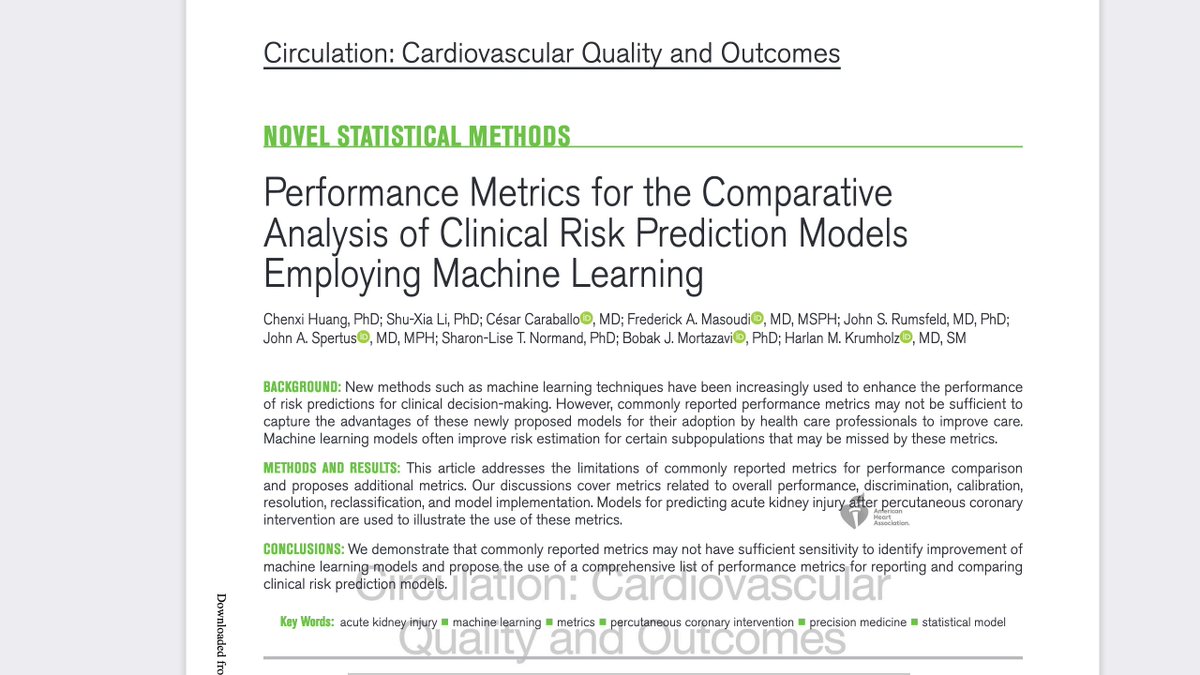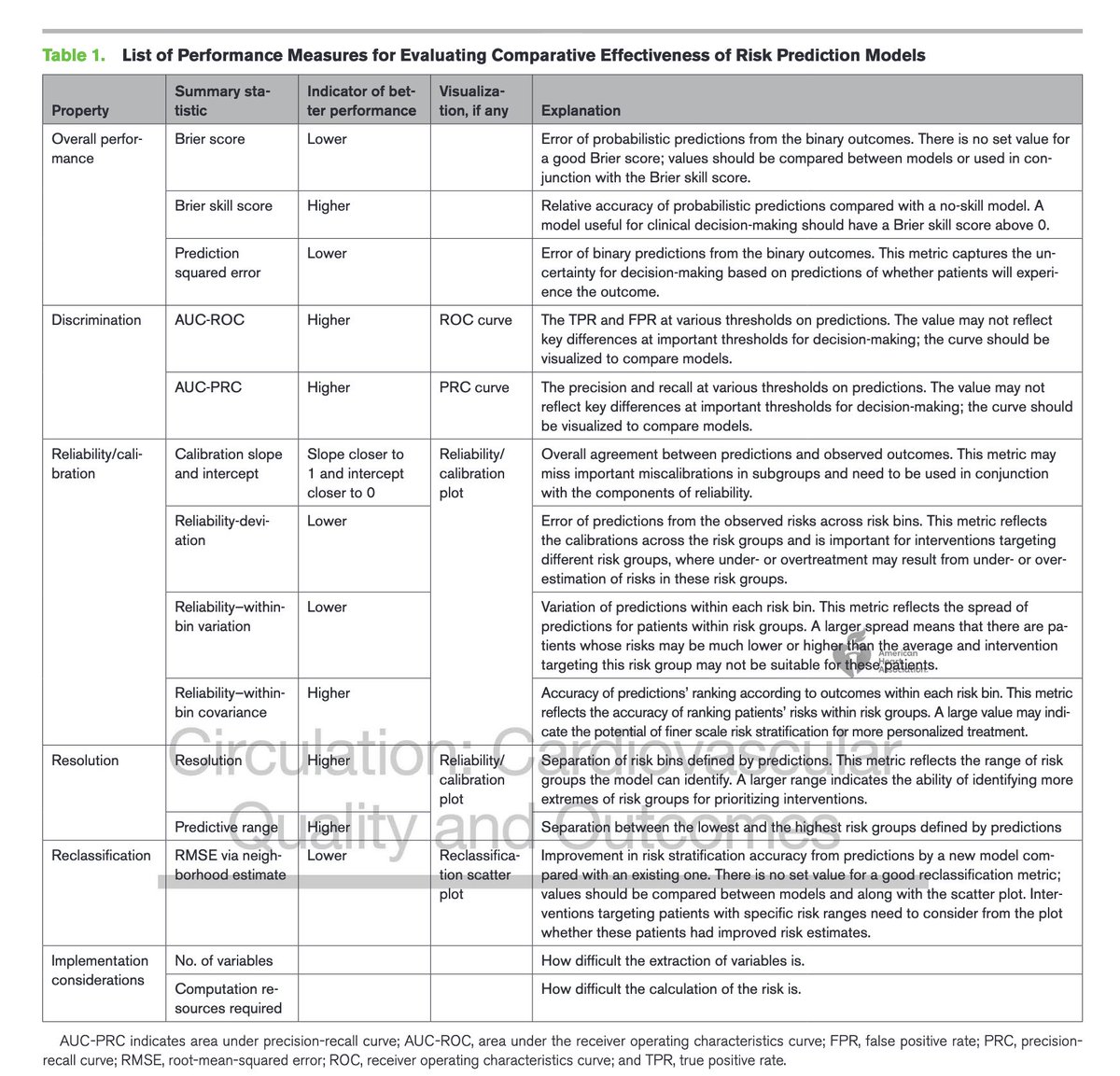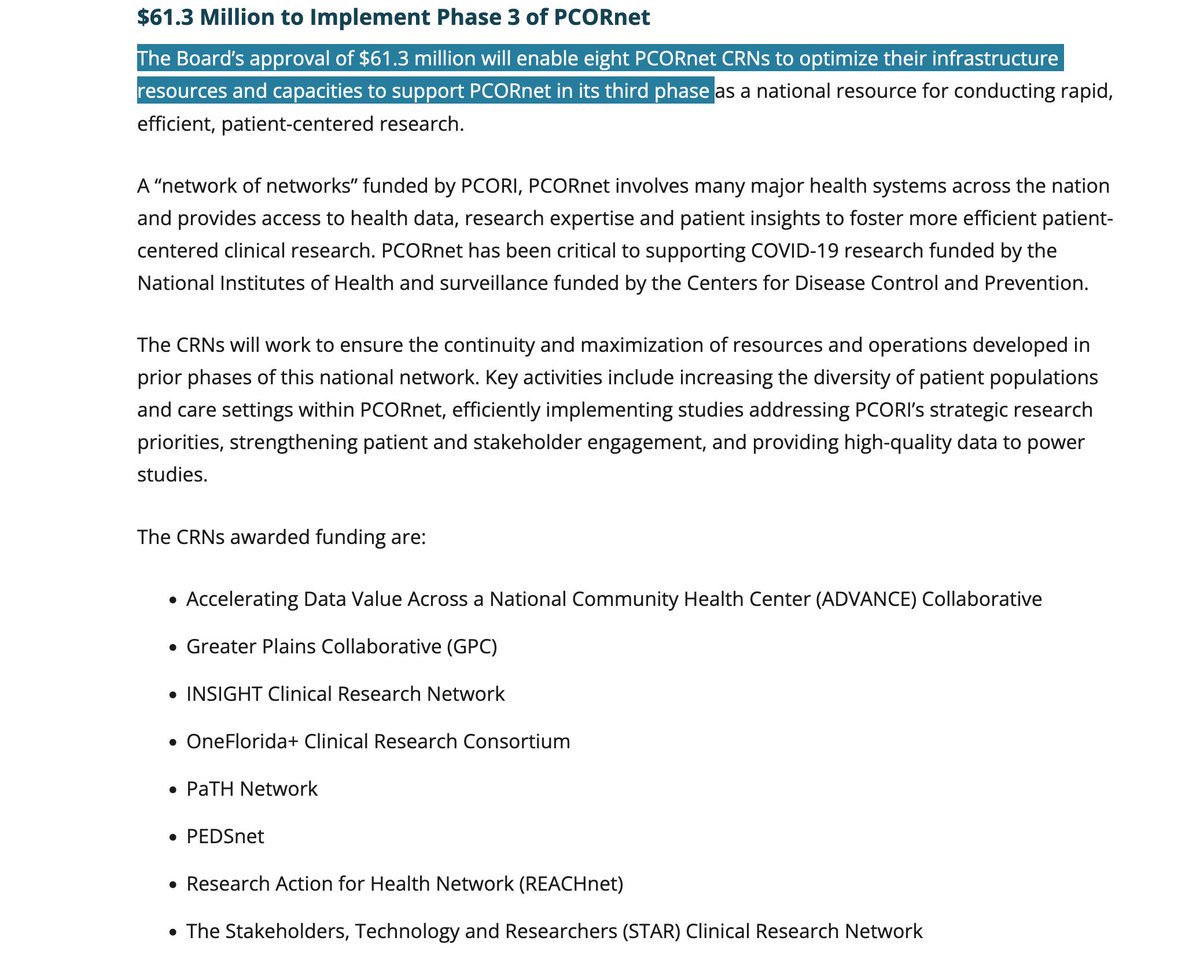
This @NEJM paper really puzzled me and I wonder what I am missing. It addresses good question…should people on antidepressants in primary care, who are doing well, discontinue them? And good methods, randomized, double-blind trial treated in the UK. But… nejm.org/doi/full/10.10… 

@NEJM They randomize 478 people w/at least 2 depressive episodes and w/ at least 2 years of treatment with antidepressant agents. They discontinue in half (after a taper) and replace with placebo. Primary outcome is relapse of depressive symptoms. OK, good so far. But...
@NEJM At a year, relapse occurred in 39% of those continuing antidepressants and 56% in the discontinuation group. Now that means that 44% of those who discontinued did fine. That seems really good - and a chance many would take. And that continuing still had a horrific relapse rate.
@NEJM So the trial essentially showed that only 17% of the people avoid a relapse by continuing… about 1 in 6. Mostly you would have the same outcome whether you continued the antidepressants or not. With those odds some may choose to continue, others not. But...
@NEJM But article’s conclusion stated starkly those assigned to stop their med had a higher risk of relapse. While that is a true statement it seems to miss the major point. And probably would point those doctors who read it quickly to think that they should not discontinue these meds.
@NEJM Not sure if I am missing something here… but the message to me is quite different than the conclusion in @nejm. It can be a sig difference in favor of continuing, but that might not be the main inference for practice, esp given that many will prefer not to take meds.
• • •
Missing some Tweet in this thread? You can try to
force a refresh













